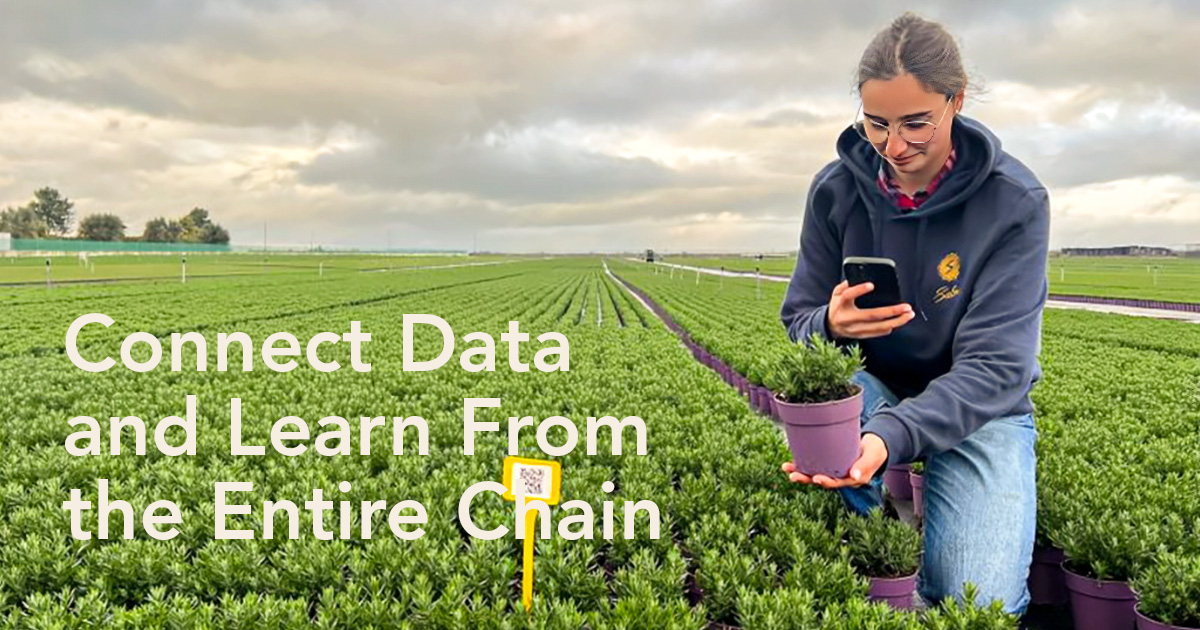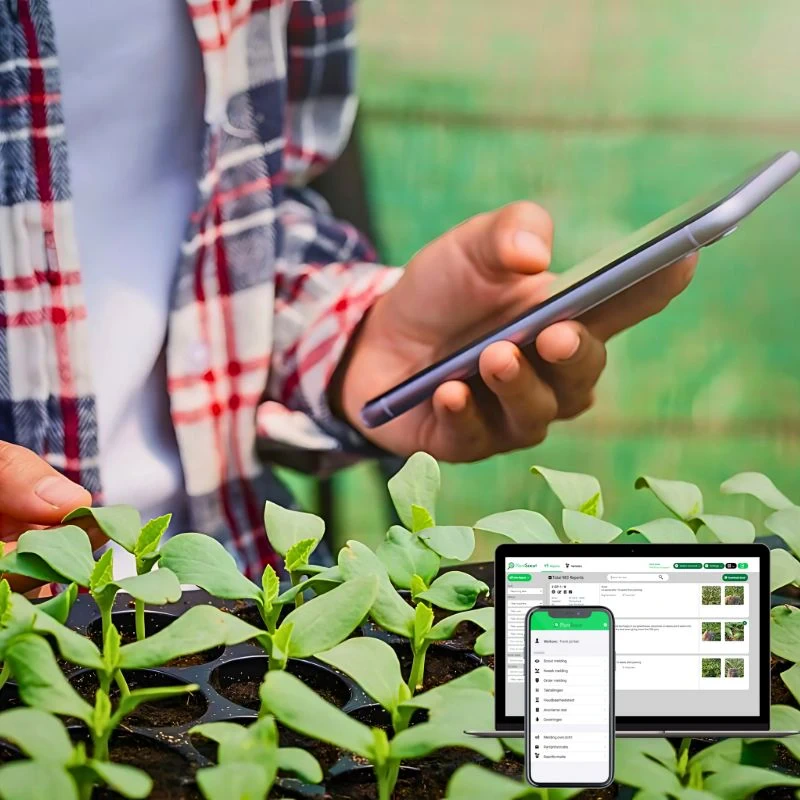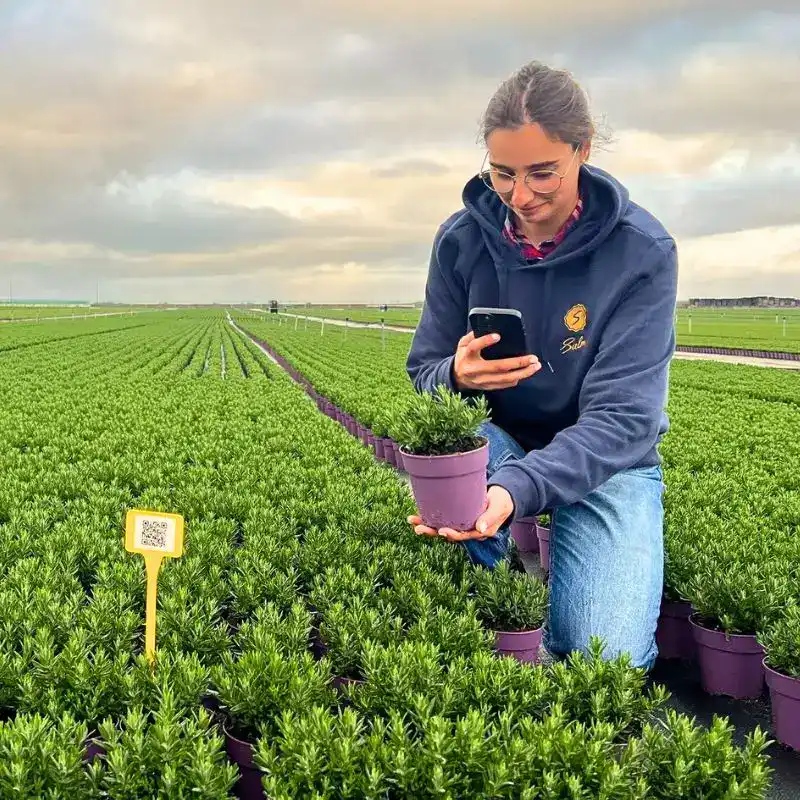Spend ten minutes with Leo Swart, and you’ll get a fast-moving mix of anecdotes, data talk, and some strong feelings about soil, sleeves, and software. With nearly four decades in horticulture, he’s seen the industry evolve—but not always in the right direction. That’s why he co-created PlantScout with AI/Software engineer Julian de Wit, a tool designed to make the floriculture chain more transparent, less fragmented, and just more collaborative; connect data and learn from the entire chain, not only B2B.
From Plant Pots to Platforms
Leo’s story starts in the 1980s, working in garden centers like Intratuin, before moving to Thovadec (does not exist anymore) and then Modiform, where he spent 21 years developing packaging solutions. “I never meant to end up in sales,” he says, “but I fell into it. Due to my study of garden plants and trees, I just liked talking to growers more than selling to consumers.”


Eventually, overwhelmed by the daily grind of meetings and emails, he stepped away to reconnect with growers directly. That led to the founding of Cresultant—an agency helping growers shape their strategy, branding, and collaboration. It was during this time that he spotted a major gap: no one in the chain—from breeder to consumer—really had the full picture.
“There are up to eight steps between breeder and end buyer,” Leo explains. “Everyone pushes products forward without knowing what’s actually wanted or needed beyond the next step. We needed something to connect the dots.”
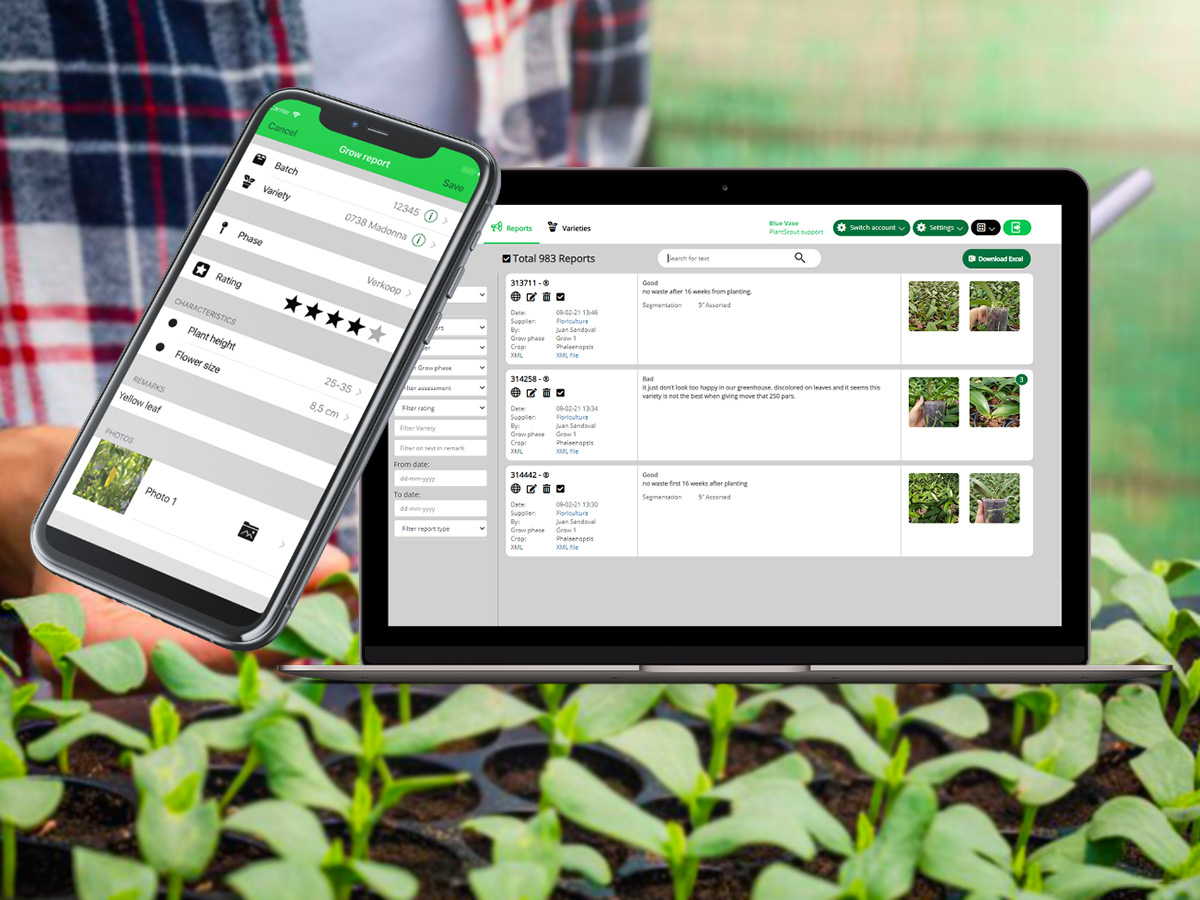
A Tool That’s Actually Useful
Enter PlantScout. It’s a native app with a web portal that helps users collect, share, and make sense of quality data from outside to inside your company—everything from QC-in and QC-out reports to vase life, yield, stress, and IPM events, and trials. The magic? It’s simple, fast (reports take less than 30 seconds), and also works offline. Users can upload historical data, hook it into ERP systems like Navision or SDF, or just use it on its own.
“We always say: growers do not always want a Rolls-Royce, but sometimes want a Fiat Panda to start with,” Leo jokes metaphorically. “And most software is designed like it’s for NASA.”

Each type of user—breeder, grower, trader—gets a customized view. Even growers with limited tech skills can get started in under a week. “You add photos, notes, tag your batch, and share the report with whoever you want—via WhatsApp, email, even SMS.”
Sharing Without the Drama
One of the strongest principles behind PlantScout is user control. “We don’t see your data. We don’t own it, you do. We provide the tools for you to bring insight into your data,” Leo says. That neutrality has helped convince even the most skeptical players.
Growers can decide what info they share, with whom, and when. Reports might include how a new variety is holding up after shipping, or why one crop did better during last summer’s heatwave. For breeder till’ retailer feedback, it’s gold.
“For example, one variety that did great in greenhouses had a bad shelf life in stores,” Leo recalls. “With this data, the breeder learned: time to let it go.”
The vaselife app enabled Marginpar to work more efficiently and go from crop-level reports to detailed analyses at the variety level. This precision made it easier to pinpoint challenges and take swift action.
Exporters: Between Resistance and Recognition
Not everyone jumped on board. Exporters, in particular, worried about giving up data control. But as Leo points out, they know things are shifting. Data transparency isn’t optional anymore.
One Scandinavian retailer, tired of Poinsettias dying in store lighting, now asks for specific varieties that handle the whole trip better, from nursery to living room. With PlantScout, that data flows back upstream to growers. “It used to be: grow, ship, hope. Now it’s: grow, check, adapt.”
Built to Grow—With Everyone
PlantScout works for growers of all sizes. Some use it with full API integrations, others just run it standalone. Whether it’s orchids, soft fruit, or tomatoes, the system flexes. A tomato grower might use it for trial feedback; a pot plant producer might track shelf life issues in retail.
And because the app is offline-capable, even farms in remote areas—like those using FreshControl, the agri-market version—can keep data flowing. Once reconnected, the reports sync automatically.
PlantScout is also budget-friendly. “A U.S. grower told me I was too cheap,” Leo laughs. “But it’s about scale. The more people use it, the better—and more affordable—it gets. One neutral platform to share the right data!”

Quality in, Quality Out
Growers can perfectly grade their own crops with name-tagged reports and photo evidence. One exporter cut QC visits from four to two per year—because the grower’s reports were spot-on.
Leo adds, “The grower, exporter, et cetera knows their name’s on the report, and that the very same report is received by the next step in the chain and onwards. There is no grey area.”
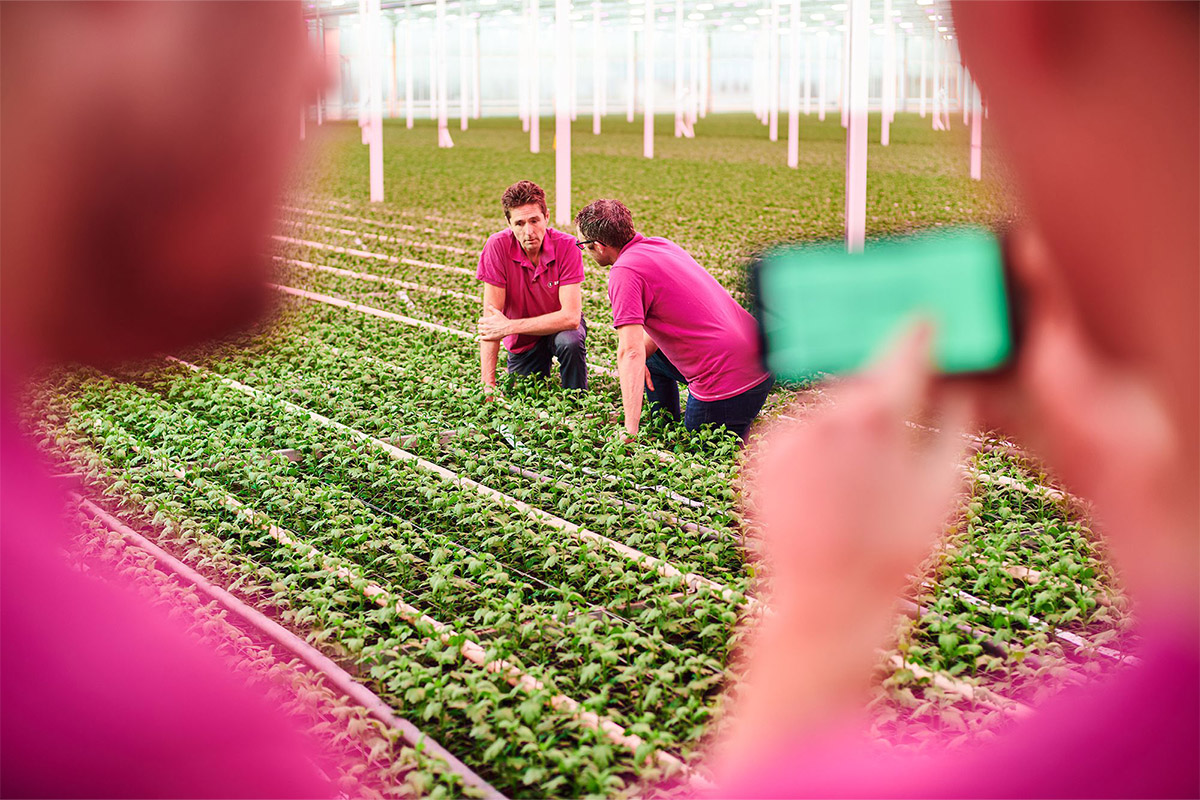
Sector-Wide Impact
PlantScout isn’t just about tracking quality. It’s helping with real decisions—like phasing out pesticide-hungry varieties. Growers use it to cut underperforming products and improve sustainability.
The app also helps meet regulatory goals. The EU’s 2030 law will hold the chain responsible for waste. “With better data,” says Leo, “we can place the right product in the right place. Less waste, more sustainable.”

Let’s Drop the Curtain
Leo’s not interested in glory. He’d rather growers, breeders, and retailers do the talking. “I don’t need my face on it,” he says. “The best story is one where the product proves itself.”
But he does care about the bigger picture. Activists and media critics might shout, but most consumers still love flowers and plants. They just want to trust that what they’re buying is safe, fair, and sustainable.
“We need to stop defending and start showing,” Leo says. “If someone wants to know how it works, show them. Invite them in."
That openness, along with a solid bit of common sense, might just get the sector talking again as one. And if PlantScout becomes the quiet connector in that conversation—well, that’s exactly how Leo likes it.
Read more in the article 'How PlantScout Is Revolutionizing Horticulture Industry Data Management'.

